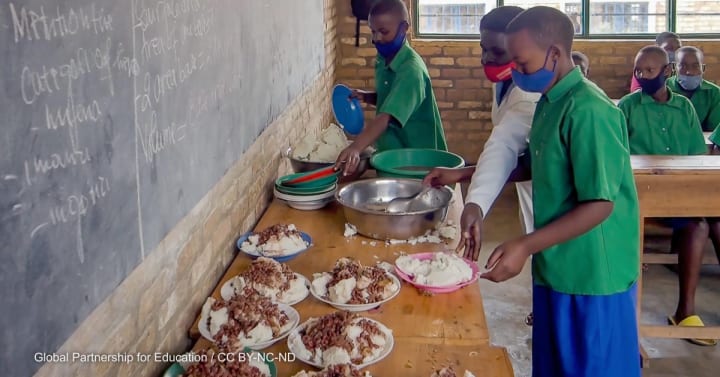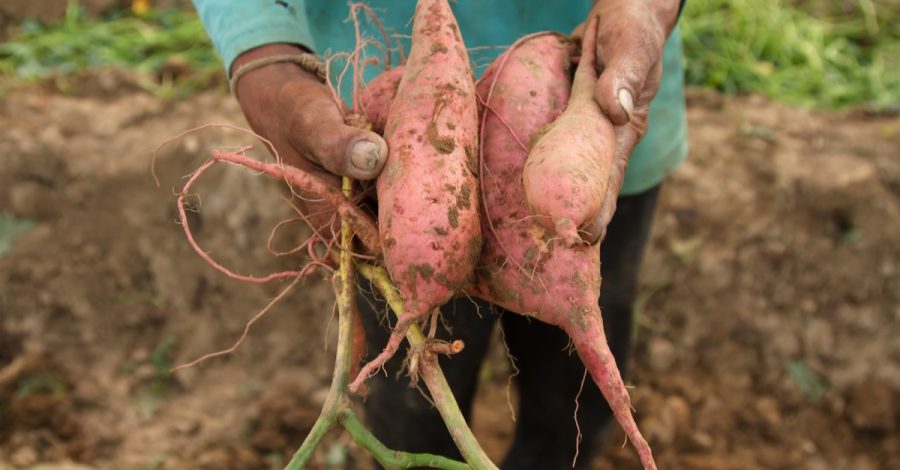Food Trade in Africa: The Kofi Annan Foundation at the AEC 2018
Earlier this month, about 400 delegates from Africa and beyond convened at the African Economic Conference in Kigali (AEC 2018). The conference took place at a critical moment for Africa. With the launch of the landmark African Continental Free Trade agreement (AfCFTA) earlier this year, African leaders sent a clear signal to their people and the world: continental integration is no longer a choice, but a must for a prosperous Africa.
In no one area is integration more needed than in agriculture. Until now, Africa’s growing demand for food has largely been met by imports from the global market rather than from within. This is extremely costly: Africa’s annual food import bill stands at US$35 billion. And it also does not solve the problem, as hundreds of millions of Africans still go hungry each year. This must change urgently, and regional and continental integration must play a critical role in this effort.
Africa has 60 percent of the world’s uncultivated arable land and could produce enough food to feed itself and export surpluses. Through increased intra-African food trade and market integration, Africa could meet its growing demand, increase the food security of its population, and provide substitutes for expensive imports from the global market.
It is against this background that the Kofi Annan Foundation and the African Development Bank co-hosted a dialogue on intra-African food market integration at the AEC 2018. The distinguished panel looked at barriers to the development of regional food trade in Africa and discussed policy recommendations to fully exploit the potential of food trade within the continent. Here are my five key takeaways from the thought-provoking debate:
First, scale is important. Food markets in many African countries are too small to exploit scale economies. The panel agreed that the Regional Economic Communities (RECs) constitute important building blocks for agricultural development on the continent. But major obstacles to regional free trade and integration remain in place, from the fear of losing national sovereignty to the problems of harmonisation and overlapping memberships of the RECs.
Second, opaque and unpredictable policy barriers need to be overcome. Trade restrictions such as export and important bans, various tariffs and quotas, and restrictive rules of origin raise costs of foods and curb private sector investment in the agricultural sector. Unpredictable market conditions for farmers, traders and businesses limit cross-border food trade and impede Africa’s food security. A buoyant intra-African food trade, based on predictable and reasonable policies, will be decisive in strengthening food security in Africa.
Third, supply-side constraints limit the total amount of agricultural produce that can be traded within Africa. Therefore, food production and productivity have to increase sharply. Farmers need to get access to good seeds, fertilisers and other essential inputs, as well as modern technology to raise their productivity. As my colleague Tesfai Tecle stressed during the panel discussion, “raising productivity per unit of land must be the main priority”.
Fourth, high transportation costs, heavy taxation burdens, and insufficient warehousing and cold storage limit the movement of surplus staples to areas of strong demand. Regulatory reforms and investment in modern transport infrastructure, especially on cross-border routes, is critical to boost intra-African food trade.
Fifth, the lack of access to affordable finance and insurance remains a major impediment to regional food trade on the continent. Africa’s agricultural sector attracts only 5% of lending from financial institutions, leaving farmers and agro-businesses starved for the capital they need to become profitable and grow their businesses.
All of these are tough challenges, but having experienced the energy and determination among African leaders at the AEC 2018, I am confident that African governments and their supporting partners will put in place the necessary policies and strategies to fully unlock the potential of regional food trade and market integration for Africa’s food security and prosperity.
Fabian Lange, Project Coordinator



